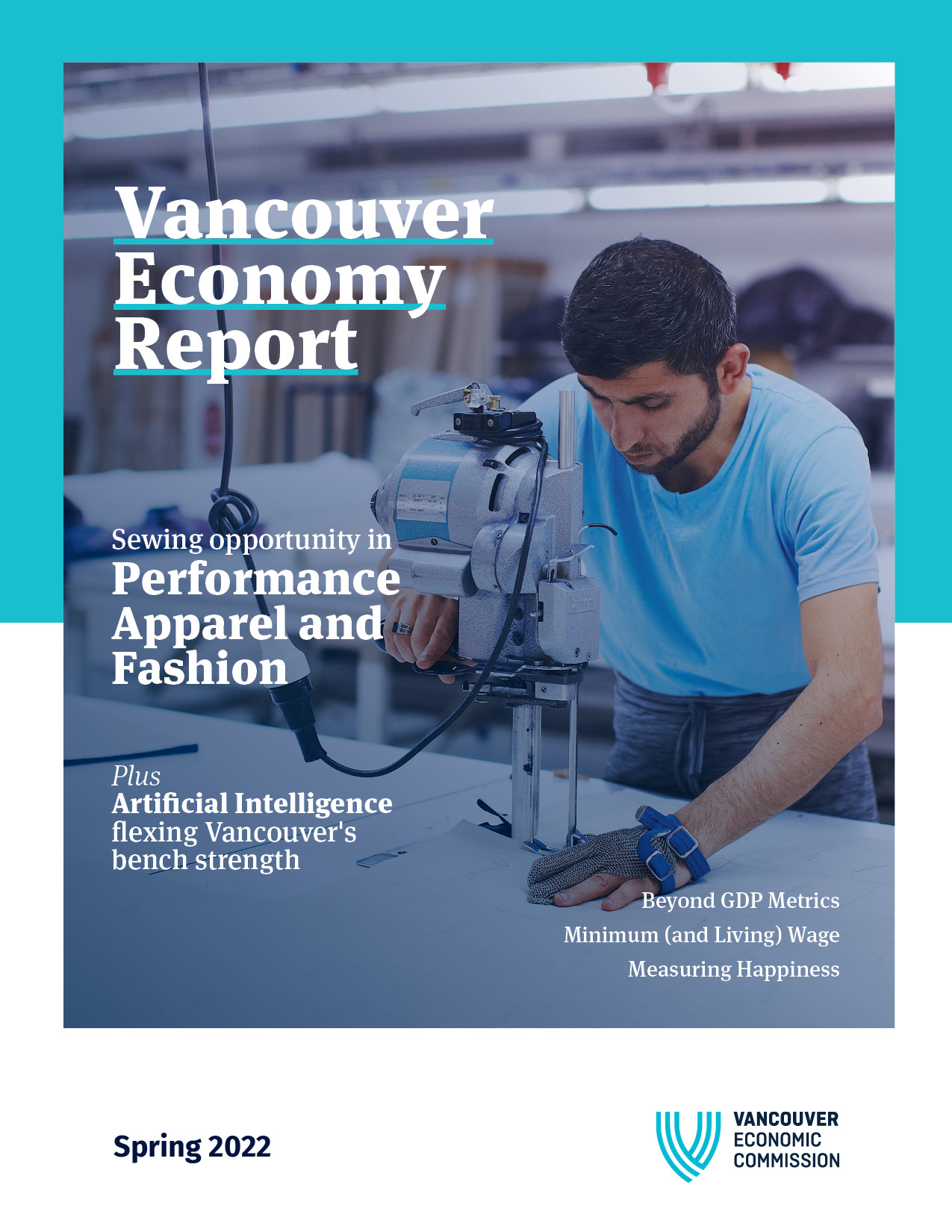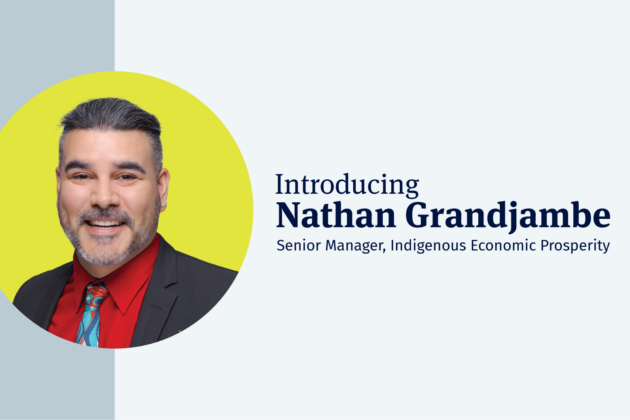Almost ten years ago, the United Nations designated March 20 as International Day of Happiness to recognize happiness as one of the fundamental needs of all people
The resolution that passed on July 12, 2012 (66/281) recognized happiness as a universal goal for wellbeing, development and personal aspiration. The Kingdom of Bhutan, which led this resolution, has been valuing national happiness over national productivity since the 1970s.
In 2015, the United Nations launched 17 Sustainable Development Goals, which aim to address three key aspects essential to wellbeing and happiness: ending poverty, reducing inequality, and protecting the planet.
On March 18, 2022, the 10th edition of the World Happiness Report was published, featuring topics on happiness, benevolence and trust during COVID-19 and beyond, trends in conceptions of progress and wellbeing, exploring the biological basis for happiness, and insights from the first global survey of balance and harmony.

The Vancouver Economy Report
This article first appeared in the Spring 2022 edition of the Vancouver Economy Report, where we examine the economic forces shaping our city today and in the future.
Read the Report
What is happiness in economic terms
The economics of happiness is an approach to assessing wellbeing that combines the techniques typically used by economists with those more commonly used by psychologists and social scientists. It relies on surveys of hundreds of thousands of individuals’ reported wellbeing across countries and continents. While the scientific study of the psychology of happiness is not new, there is a notable increase in the attention being paid to happiness by economists, who have traditionally been more concerned with other economic outcomes, such as growth and productivity.
Attention to this topic has coincided with concern about the limits of Gross Domestic Product (GDP) as a measure of economic performance and social progress. Dwindling faith in GDP metrics has resulted in growing global interest in assessing a population’s overall wellbeing through objective measures (such as income) and subjective measures (such as happiness).
Subjective measures are vital to evaluating happiness – unlike other economic considerations, which can be assessed objectively, only individuals can know how they feel at any given time.
“People tend to overestimate the amount of satisfaction they will get from material things and underestimate the satisfaction they derive from human connections.”
John Helliwell, UBC Professor and world-renowned expert on happiness, 2008
Understanding happiness
Promoting wellbeing as an economic indicator is a multifaceted challenge. Factors such as a person’s age, the type of governance where they live, the support of friends and family, and even access to nature can all influence wellbeing and a person’s happiness.
Vancouver has been a source of significant contributions toward this emerging discipline, thanks in large part to the efforts of John Helliwell. Helliwell is a globally renowned expert on measuring happiness and its intersection with economics and spent most of his career at the University of British Columbia. In 2012 he was commissioned, along with Jeffrey Sachs and Richard Layard, to produce the first comprehensive assessment of the state of happiness research, which became the World Happiness Report.
According to the World Happiness Report, six key variables determine happiness – a healthy life expectancy, income, having someone to count on in times of trouble, generosity, freedom and trust, and so much more than wealth that makes people happy. In explaining the wellbeing differences between countries rated high for wellbeing than those rated low, the report showed that the presence of political freedom and strong social networks and an absence of corruption are – in combination – more critical to individual happiness than income.
Furthermore, the report argues that people tend to overestimate the satisfaction they will get from material things while underestimating the fulfilment derived from human connections.
Commute times, happiness and 15-minute cities
The pandemic has recently catalyzed attention on one interesting component of happiness within Canada: commute times. Pre-COVID-19, census data showed that the average commute time for Canadians in 2016 was 26 minutes, with 74% of people driving for their commute and only 7% of Canadians regularly working from home. In Vancouver, the average commute time was 44 minutes by public transport and 27 minutes by car.
A 2021 study by Angus Reid found that a third of respondents would now prefer a commute time of no more than 15 minutes (a marked change from the pre-pandemic average of 26 minutes). People cited the reasons for preferring a shorter commute: saving money on commute costs, having more time to exercise, and spending more time preparing healthy meals.
Post-pandemic, most surveys on the future of office work show that most workers now prefer a hybrid work arrangement, citing commuting as one of the reasons. Fortunately, the City of Vancouver had previously committed to becoming a 15-minute city, which means increasing green spaces and cycling infrastructure and ensuring enough essential services like grocery stores, daycares, and schools within each neighbourhood.
Vancouver Spotlight: Beyond GDP
VEC advocates for happiness to be included as a vital consideration and metric for modern economies. To this end, the organization seeks to integrate the work of this emerging discipline into a “Beyond GDP” initiative that will launch in 2022.
VEC has initiated a data feasibility study to compile many of the metrics suggested to be essential for societal and individual happiness and identify the most feasible and impactful subjective measures for VEC to collect and report.



